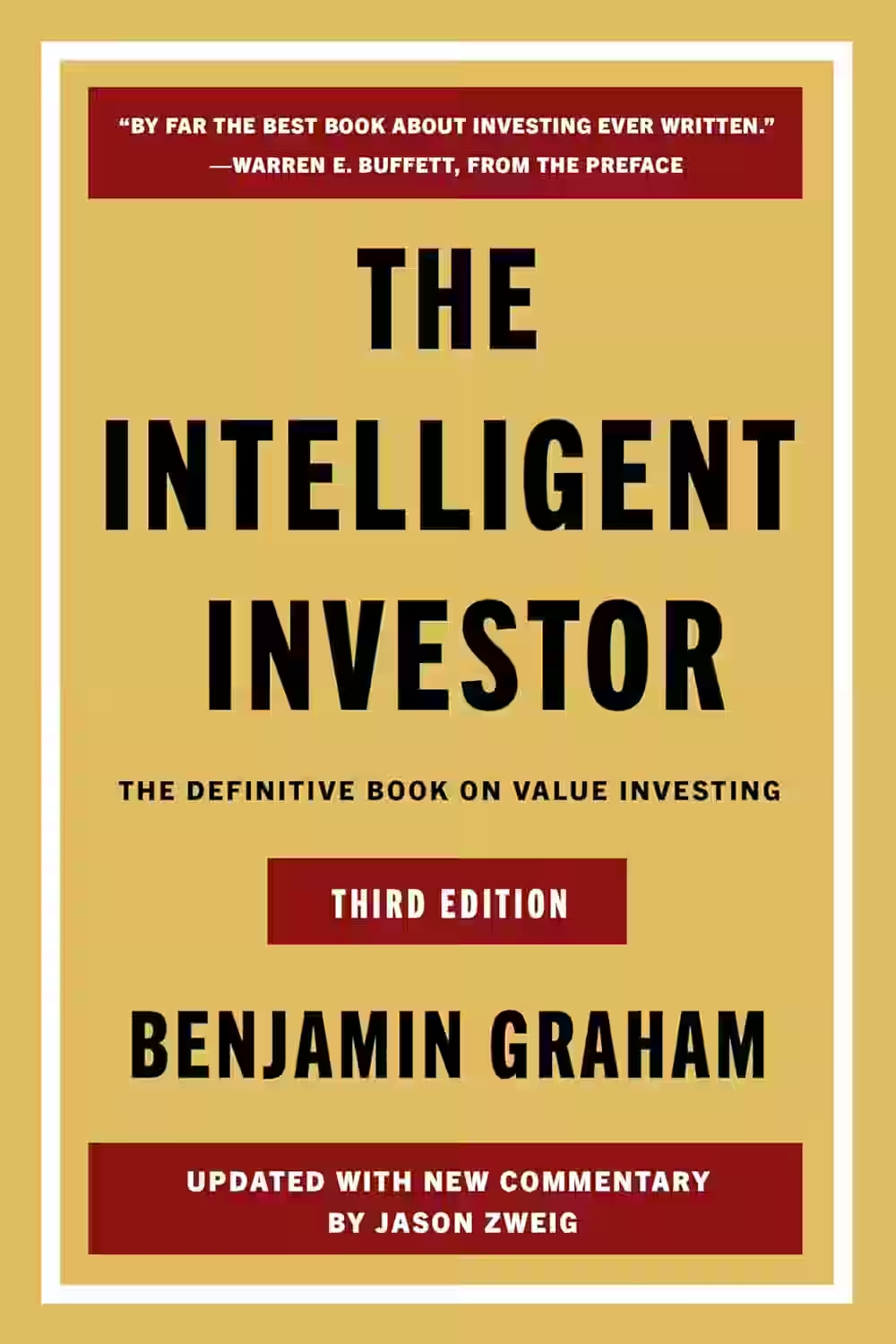
First published in 1949, The Intelligent Investor by Benjamin Graham is a foundational text on value investing and long-term financial strategy. Graham, known as the father of value investing, teaches readers how to analyze stocks with a focus on intrinsic value, margin of safety, and disciplined decision-making. The book distinguishes between “investing” and “speculating,” urging caution, patience, and rational thinking. With commentary by Jason Zweig in modern editions, the book remains a timeless guide for both novice and experienced investors. Its core message—that emotional control and sound principles are key to investment success—has influenced generations, including Warren Buffett.
About Benjamin Graham
Benjamin Graham (1894–1976) was a British-born American economist, investor, and professor widely regarded as the father of value investing. He taught at Columbia Business School, where he mentored Warren Buffett and other legendary investors. Graham’s most influential works include Security Analysis (co-authored with David Dodd) and The Intelligent Investor, both of which emphasize long-term investing, intrinsic value, and disciplined financial analysis. His principles of margin of safety and rational investing have become cornerstones of modern investment strategy. Graham’s work bridges academic theory and practical application, helping countless investors make informed decisions based on sound financial fundamentals.
Other Books by Benjamin Graham
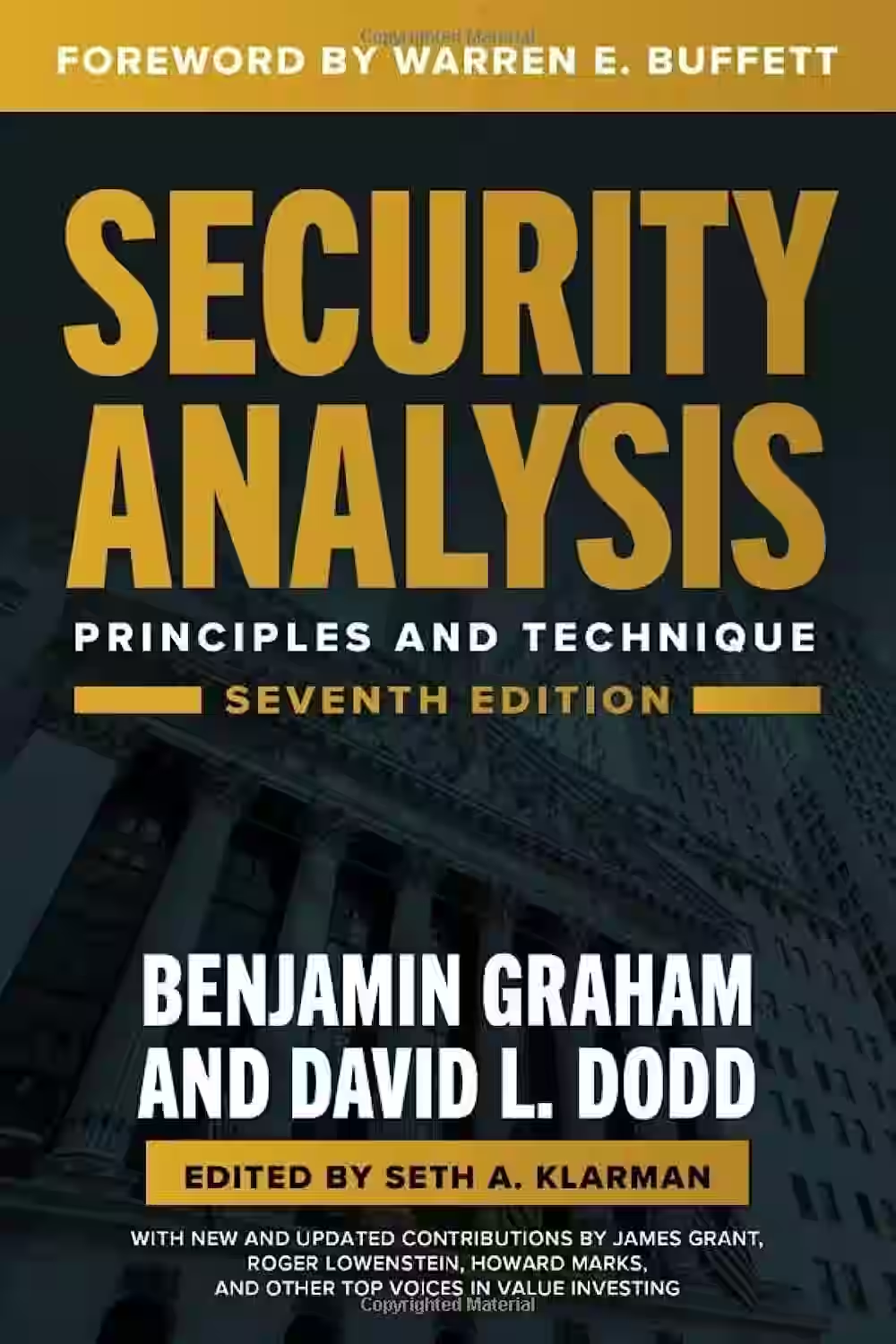
Security Analysis
by Benjamin Graham, David Dodd
In 'Security Analysis,' Benjamin Graham revolutionized the world of investment by introducing the concept of value investing, emphasizing the importance of thorough research and analysis before making investment decisions. Graham's timeless wisdom on intrinsic value, margin of safety, and market fluctuations continues to influence investors worldwide. The book provides a comprehensive guide to understanding financial statements, evaluating stocks, and building a successful investment strategy. With real-life examples and practical advice, 'Security Analysis' equips readers with the tools to navigate the complexities of the stock market and make informed choices. A must-read for both novice and seasoned investors.
Similar Books
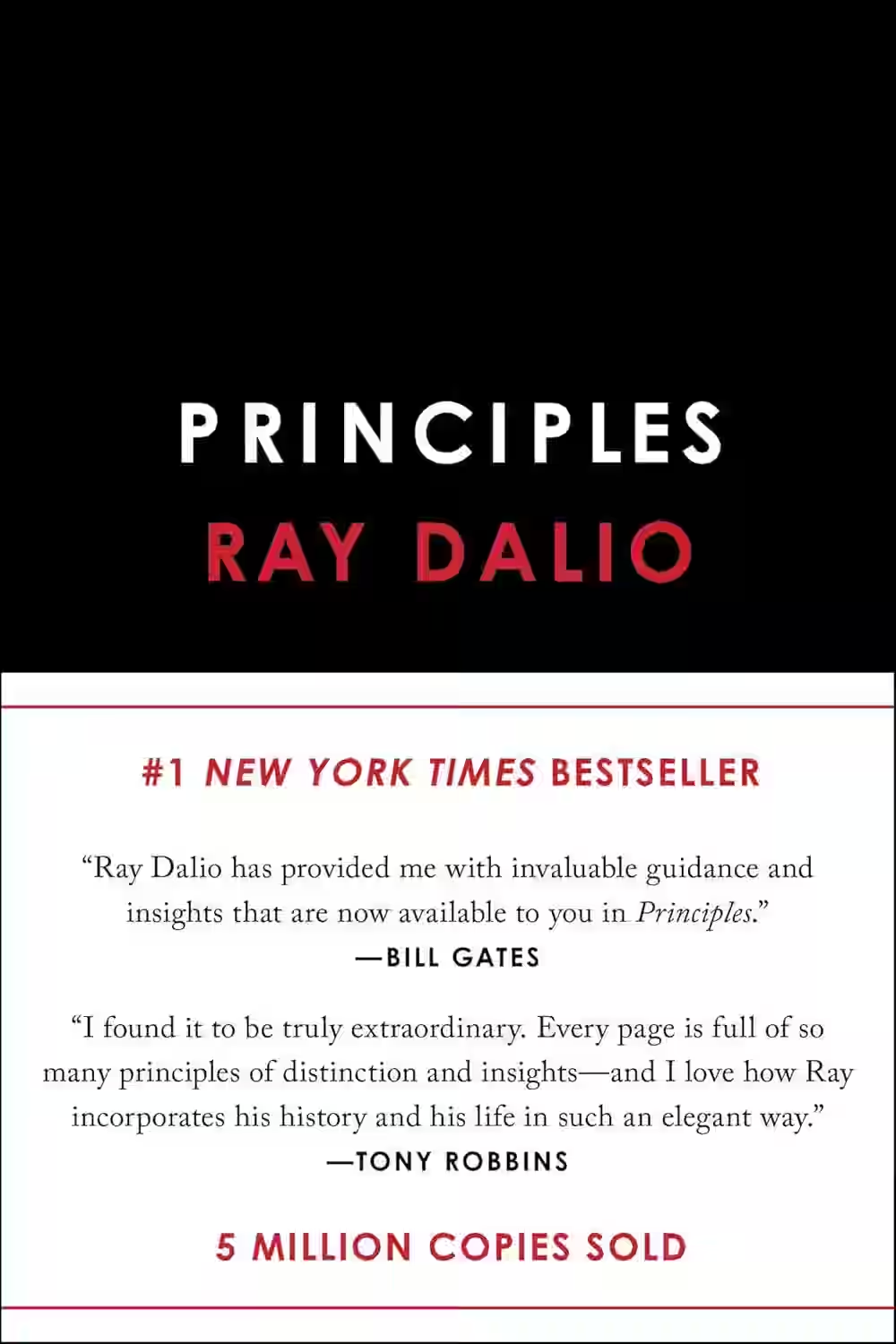
Principles
by Ray Dalio
In Principles, billionaire investor Ray Dalio shares the core life and work principles that guided him in building Bridgewater Associates into one of the world’s largest hedge funds. The book is split into three sections: a personal journey, life principles, and work principles. Dalio emphasizes radical transparency, meritocracy, and continuous learning. He advocates for clear decision-making frameworks and a systematic approach to solving problems. Combining autobiography, management philosophy, and practical advice, Principles serves as a handbook for both personal growth and organizational excellence. It's especially relevant for leaders, investors, and anyone seeking to improve decision-making through reflection and structure.
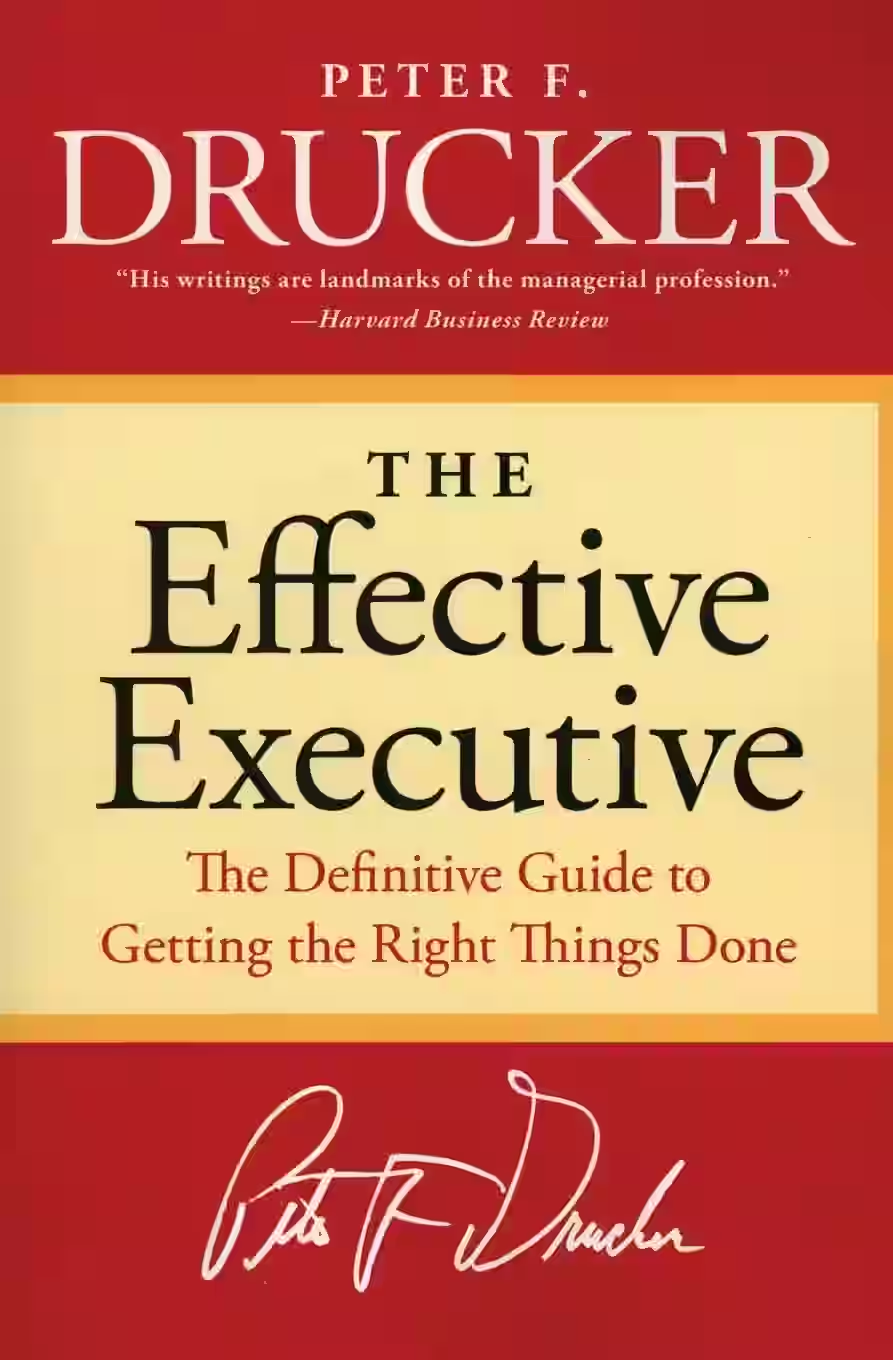
The Effective Executive
In The Effective Executive, Peter Drucker outlines the essential practices that make executives—and knowledge workers—more productive and impactful. Rather than focusing on charisma or innate talent, Drucker emphasizes disciplined time management, clear priorities, effective decision-making, and results-driven action. He argues that effectiveness is a skill that can be cultivated through habits such as knowing where time goes, focusing on contribution, and concentrating on a few key tasks. Written with clarity and timeless wisdom, this concise book remains a cornerstone of leadership and management literature, offering practical insights for professionals aiming to lead with focus, intention, and strategic purpose.
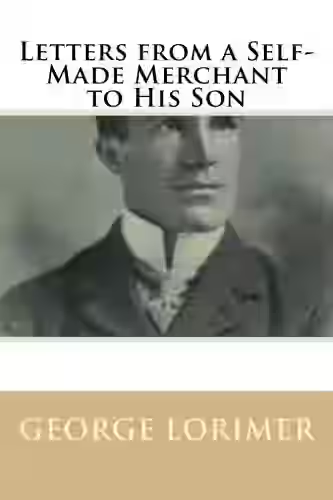
Letters from a Self-Made Merchant to His Son
First published in 1901, this epistolary book presents fictional letters from a successful Chicago pork packer to his college-aged son. Blending wit, business acumen, and life wisdom, the father offers advice on work ethic, integrity, personal character, and money management. Written in a candid and humorous tone, the book delivers old-fashioned common sense that remains surprisingly relevant. It's a manual not just for business, but for becoming a responsible and grounded adult. The blend of fatherly guidance and entrepreneurial insight has made it a classic on both parenting and leadership.
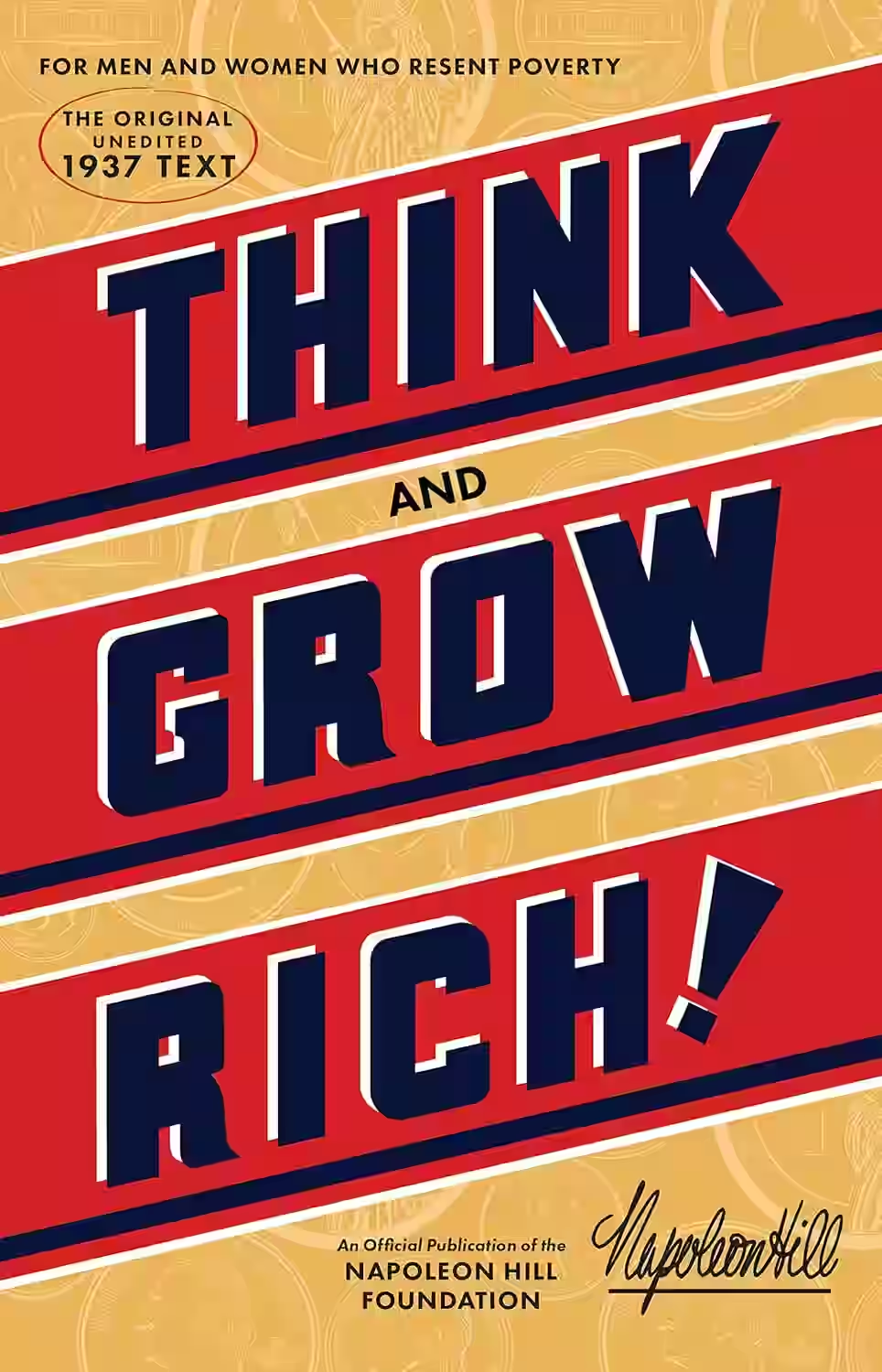
Think and Grow Rich
In Napoleon Hill's seminal work 'Think and Grow Rich,' readers are taken on a transformative journey through the power of the mind and positive thinking. Hill dives deep into the principles of success, breaking down key concepts like desire, faith, organized planning, and persistence. Through compelling anecdotes and practical advice, Hill challenges readers to shift their mindset and harness the unlimited potential within them to achieve their goals. This timeless classic emphasizes the importance of perseverance, goal-setting, and cultivating a success-oriented mindset. 'Think and Grow Rich' continues to inspire countless individuals to unlock their full potential and strive towards personal and financial success.